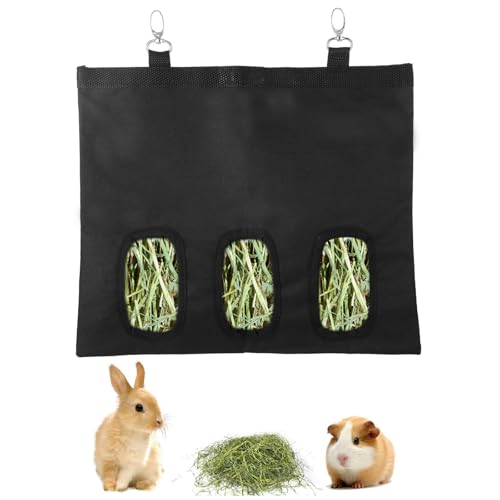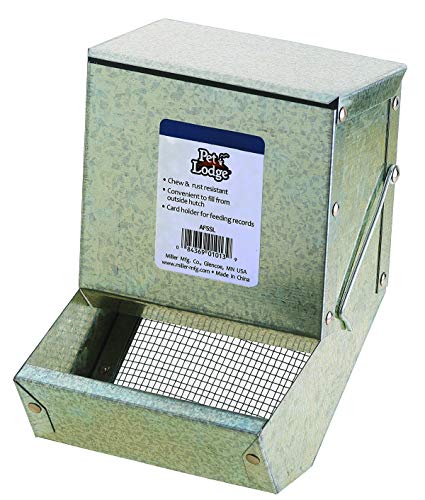Not everyone agrees with culling an entire herd in response to the presence of infectious disease. I am not aware of any disease that is 100% lethal in all populations, and RHDv2 is not. There are always individuals that are resistant and/or recover, and in the wild (and in the barn), those are the ones that eventually produce resistant populations. In a small herd, you may lose every animal, but on the other hand, you may not.
Certainly, be careful about allowing major opportunities for the pathogen to spread into the wild and/or other barns, keep up on good hygiene practices, and properly and promptly dispose of animals that die suspiciously. But culling every single animal in the herd means killing off any chance of disease resistance (which in effect renders you forever reliant on vaccines and pharmaceuticals).
Currently RHDv2 is a mandatory reportable disease: when RHDv2 is diagnosed, vets are required to report to state or local public health officials. In other words, if you contact a vet and they decide you've got RHDv2 on your property, state or regional health officials will most likely cull your entire herd for you.
Here's what the ARBA offers currently on the subject:
https://arba.net/rhdv2/































